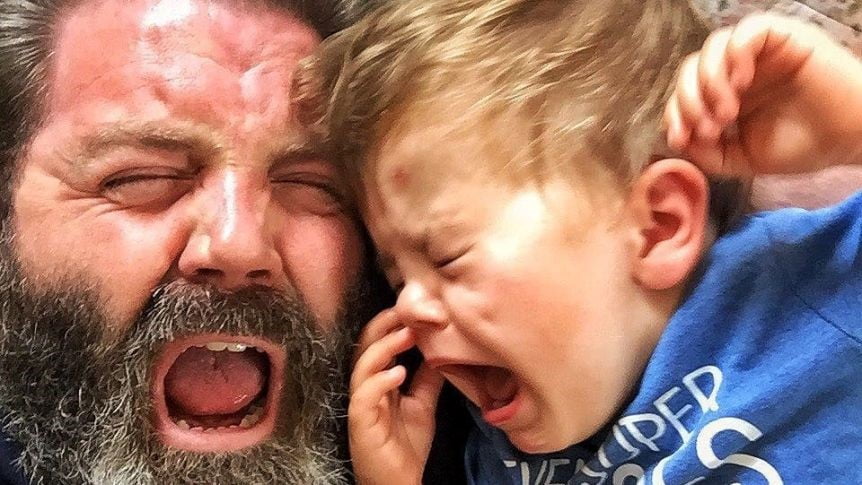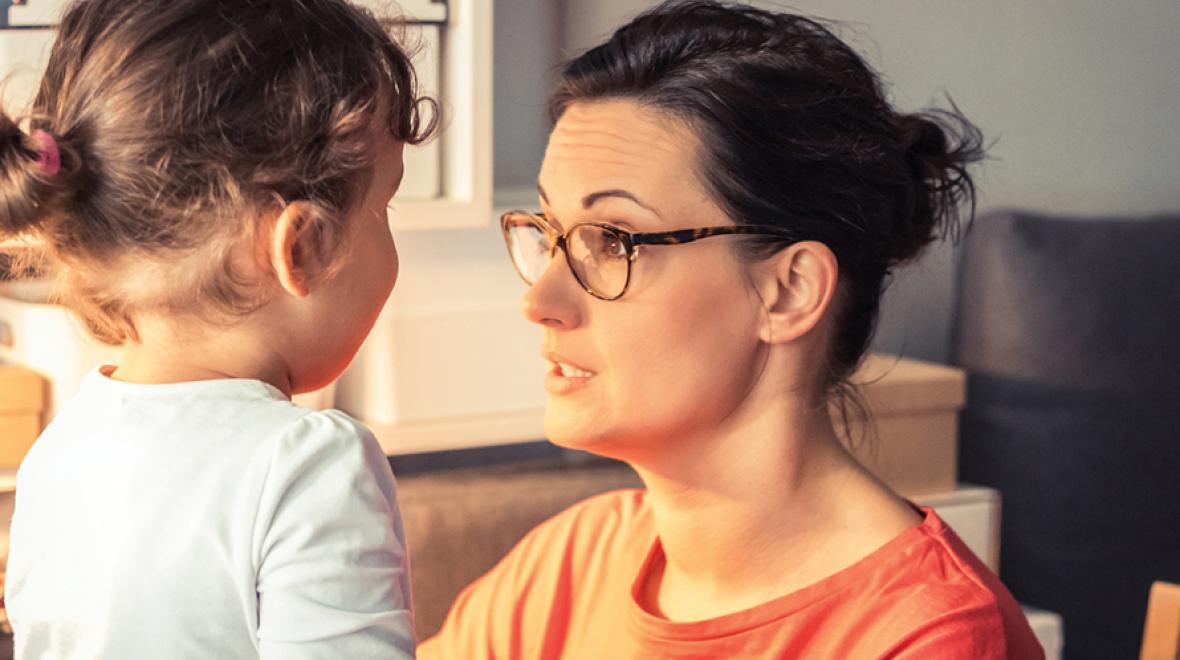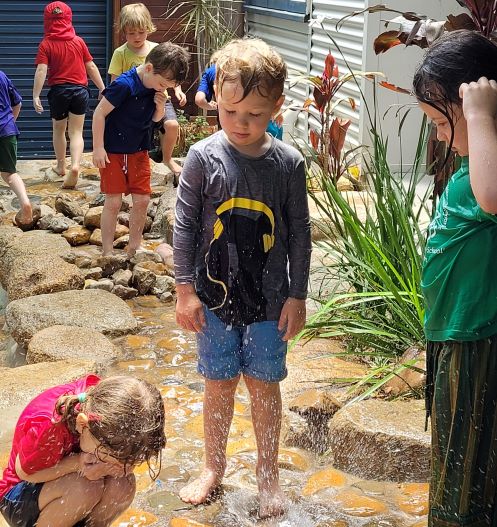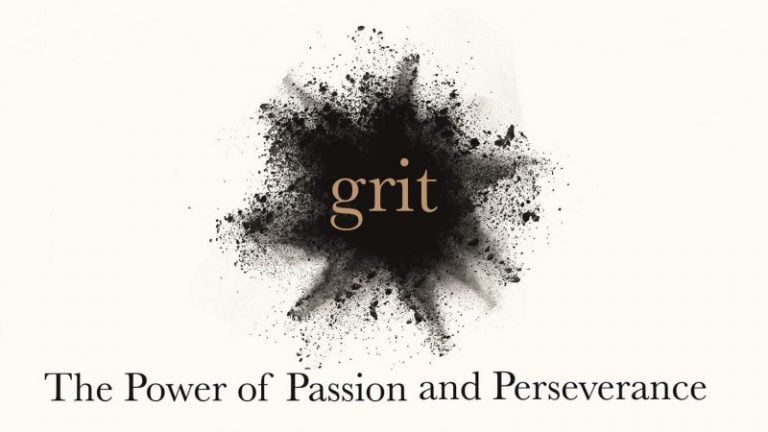
Big Emotions
November 27, 2020
Whose choice is it?
February 26, 2021(Adapted from Gowrie Connections Newsletter Issue 36 December 2020)
On this last day of 2020, I’m not sure I’m able to think and write any useful information however Lisa Sonter and Sue Southey from Gowrie have suggested a variety of strategies to support children’s thinking and understanding about schools. This may be useful to refer to sometime after the Christmas festivities when you’re thinking about next year. Suggestions include:
- Find opportunities for ‘what if’ discussions e.g. “What could you do if you got to school and found you didn’t have your lunchbox?”
- Drive/walk past the school and listen if children make any comments or ask questions
- Discuss similarities and differences between school and kindergarten e.g. ‘shoes off’ for playing outdoors at kindergarten, ‘shoes on’ for playing in the playground
- Comment to children about their growing levels of independence and reminding them about how this helps them be to good problem solvers and manage new challenges
- Conversations about the language used at school and linking it to familiar routines/objects e.g. ‘morning break/morning tea’, ‘bag racks/lockers’, ‘desks/tables’, ‘students/children’, ‘playground/outdoor space’, school bell at the end of break times
- Promote the value of children being resilient, recognising that there will be challenges as well as new opportunities
- Answering children’s questions may be all that is required for some children, or using their questions as a conversation starter to think of possibilities. Leaving ‘wriggle room’ in responses. Discuss who they could ask or talk to if they had a problem (e.g. another child, teacher)
- Set up a role play space for children to create their own school classroom based on what they know about schools. Prop boxes could include school uniforms, lunchboxes, writing tools, whiteboard
- Be aware of the potential impact of children attending five days a week. Think about how to manage children’s tiredness and stress e.g. reducing after school activities, familiar routines, time after school in unstructured play time.
For some children the best approach is minimal conversations about what’s coming next. For other children, knowing what to expect is very important. Either way, unexpected things will happen and that’s when the value of calm or a pause before responding, although difficult, works a treat!





